Genevieve’s Peaceful Parenting Seminars are informative, thought provoking and entertaining, as well as offering an emotionally supportive and interactive experience for parents and professionals who attend. She delivers the concepts and content in a way that is easy to digest with simple tools, models, and handouts.
Parents and professionals who attend inevitably enjoy the light hearted, yet emotive and heartfelt style of Genevieve’s presentations. The seminars provide a great opportunity to ask questions and meet and talk with other parents.
Genevieve is available to present Peaceful Parenting Seminars within New Zealand & Internationally for parents and professionals.
To enquire about the Peaceful Parent Institute running a seminar in your area click here.
Below is a list of some of the seminars that Genevieve regularly runs.
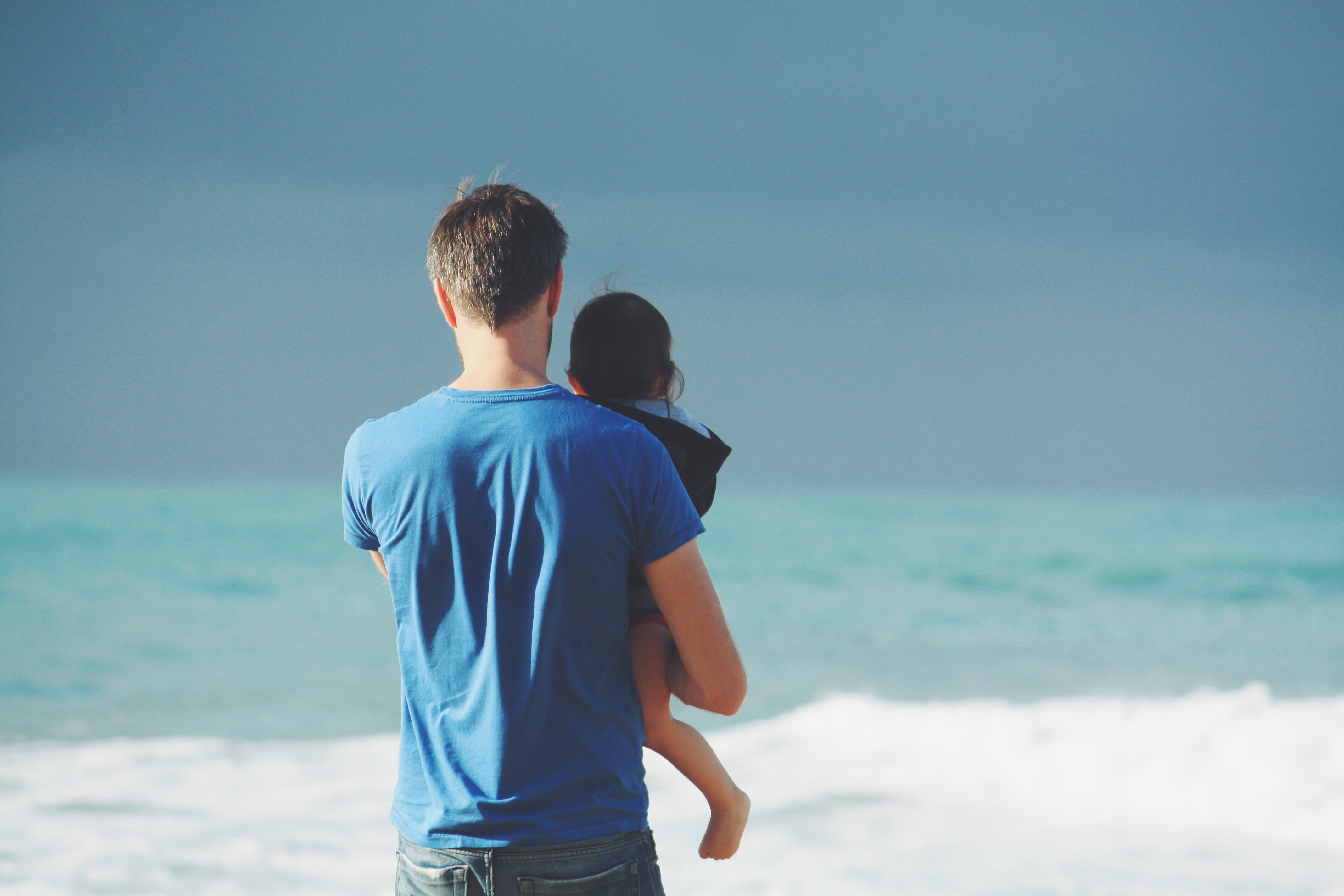
The Introductory Seminar (Discipline without Punishment)
This offers an overview of the basic principles and philosophies that form the foundation of our parenting courses and teaches essential Peaceful Parenting skills and invaluable communication skills (that can effectively be applied to improving all relationships). This parenting seminar offers both useful tips and skills, as well as emotional support for parents. Some of the topics covered are:
-
An overview of the main peaceful parenting tools and underlying philosophy
-
Maintaining and building secure attachment through day to day activities
-
Active listening skills (starts at birth)
-
Positively deal with children’s defiance
-
Set clear limits without creating conflict
-
Developing emotional and social intelligence in your child
-
Dealing with your child’s aggressive behaviour
- Helping your child overcome fears and anxieties
“Something I gained from the Peaceful Parent workshop was a remembering of what it’s like to be the child, this was very powerful for me. I also gained a reconnection to my self as a mother. There were quite a few key points that really resonated with me, that felt fundamental and were things that I had either missed or didn’t know. Another thing I liked about the whole experience was how it brought me back to my parental awareness, a place I want to come from with my parenting and relationships in general”
Megan, Waiheke Island, NZ
Fostering secure attachment in the baby’s first 18 months
- What are the child’s attachment needs and how can I foster secure attachment?
-
What are the alternatives to sleep training when babies wake frequently or struggle to get to sleep?
-
Why do babies’ cries often trigger so much anxiety?
-
What are the best ways to respond to our babies’ cries?
-
Are babies vulnerable to stress?
- What are the impacts of the food and nutrition choices in these early months?
- How to repair birth trauma for mum and baby?
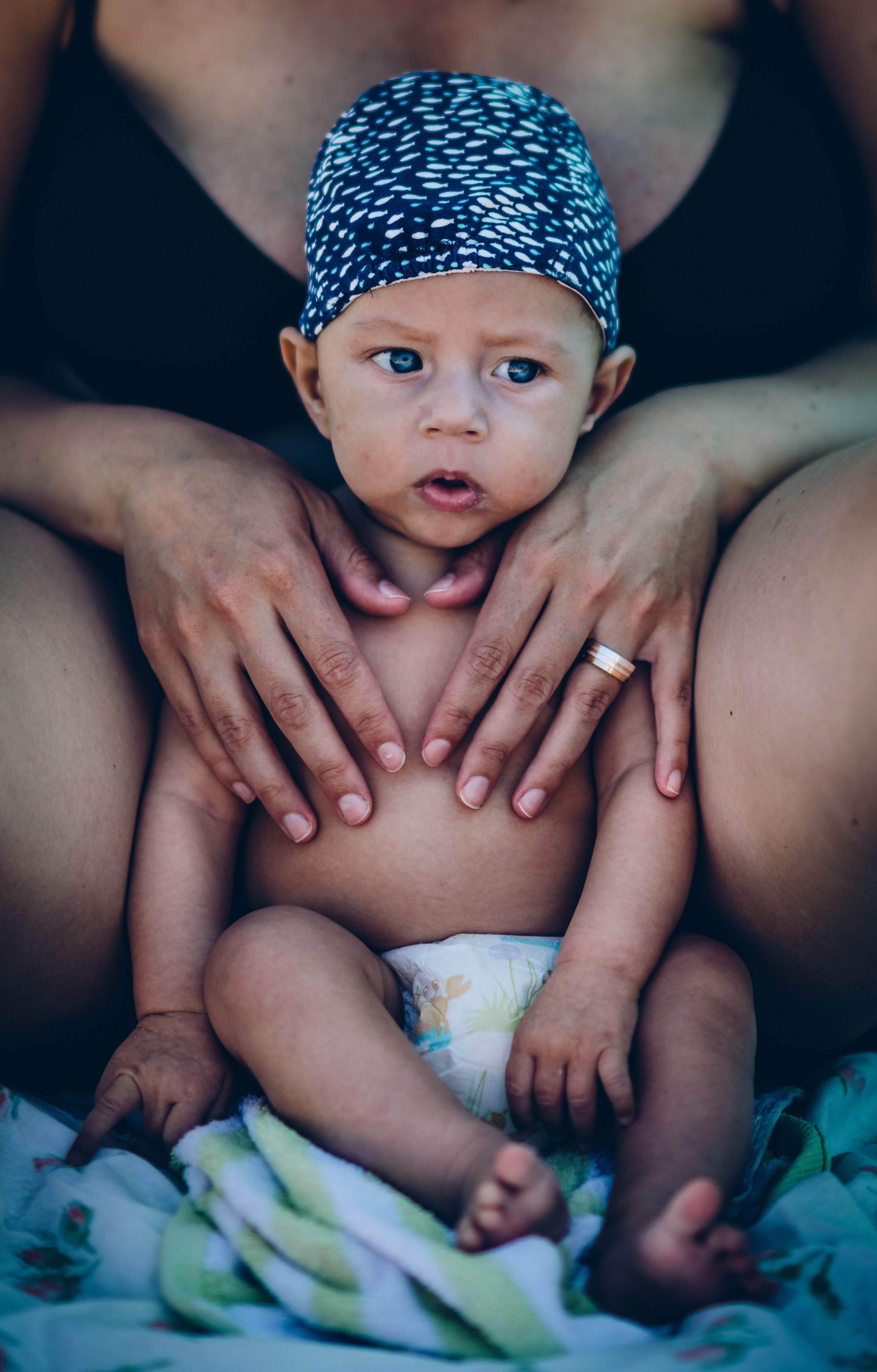
“What I gained from the Parenting workshop was HUGE!! I gained deeper empathy for my babies and how it must feel for them to be dependent on me. I gained the sense that it’s ok being who I am and also that I must try harder to be more conscious.” Liz, Auckland, NZ.
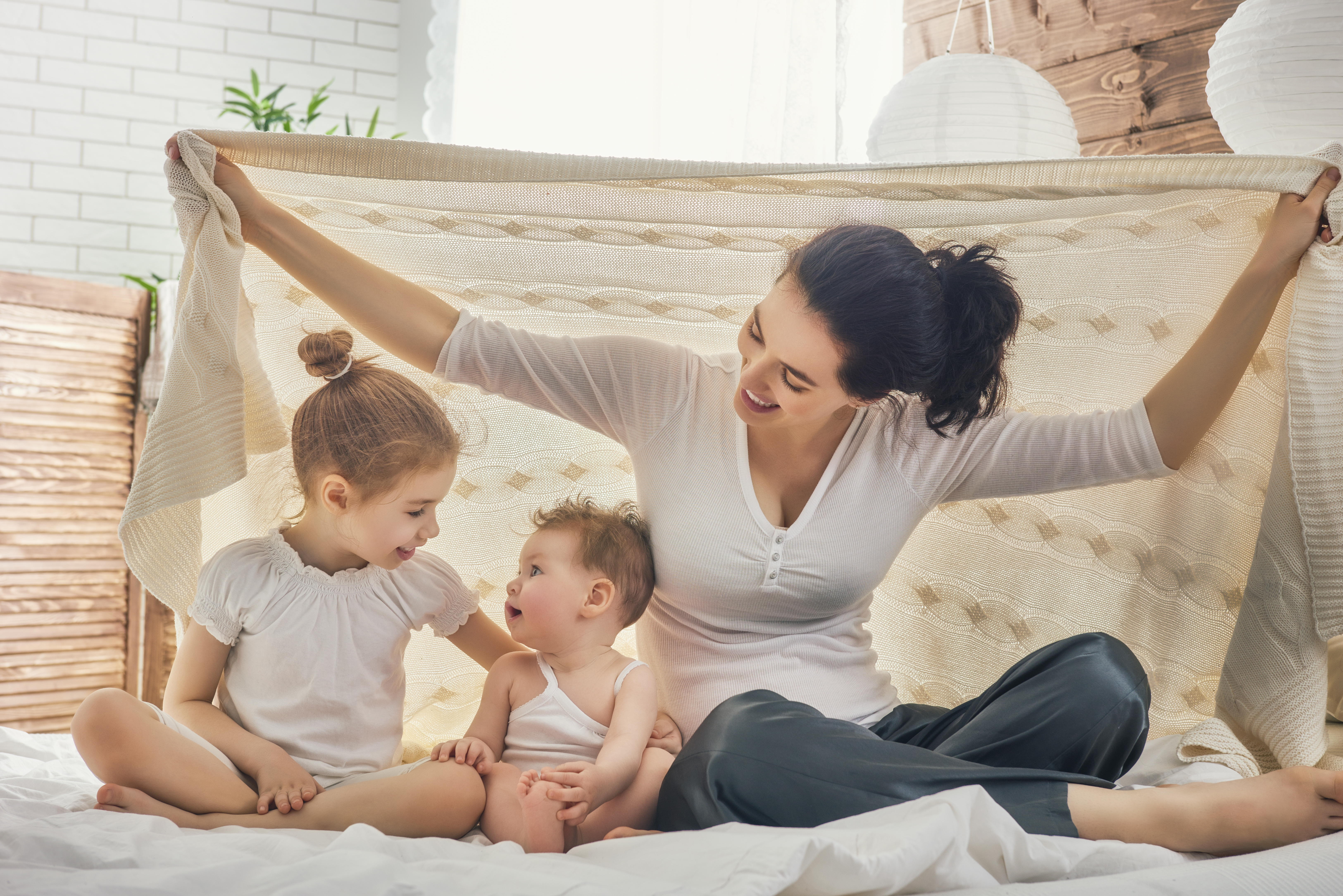
Sibling Rivalry – effective conflict resolution and problem solving
When conflict arises, our children look to us to learn a healthier non-aggressive model of dealing with problems.
Learning to mediate conflict resolution among children, equips them with the skills to:
- listen and validate other children,
- manage and express their frustrations in healthy ways
- eventually become effective problem solvers
- important relationship skills for life that will benefit them in all relationships!
Come along and learn:
- Positive approaches to better respond to your children’s squabbling, disagreements or full on fighting.
- Discover why children fight, what their deeper needs might be.
- What messages are we giving our child through modelling when we discipline them or deal with partner conflicts.
Parents find that these approaches are dramatically more effective and also better meet the emotional needs in the family. When children are fighting to the point of upset, it doesn’t help to leave them to their own devices as they haven’t yet developed the skills to constructively deal with these situations and it also doesn’t help to come in and sort it out for them as that also doesn’t teach them these necessary relationship skills. Learn a more balanced approach.
Genevieve has been helping parents and professionals for over 28 years. In these seminars, Genevieve draws on her in-depth study of many experts in the fields of early childhood development, attachment and neuroscience, as well as her experiences helping clients with the full range of parenting challenges from conception to parenting adults. Genevieve also draws on her journey as a parent practicing these approaches since 1997.
If you’re a parent, educator or professional who truly believes in the relationship based non-punitive approach but need more information on what this can actually look like in the myriad different challenging situations that arise with children, you’ll likely love Genevieve’s talks! Every parent or educator who learns and practices these approaches is contributing greatly to increased happiness and harmony in families and in our society.
Supporting the child’s social and emotional development. These are the approaches that are needed to reduce the whole range of social problems that exist in our communities; anxiety, depression, suicide or suicidal ideation, plus all the daily conflicts in families and schools that are so preventable.
These are the approaches needed by teachers and professionals who know that their practice needs to be the safe space where children can come back to peace within themselves.
Click here for more about the key principles of Peaceful Parenting.
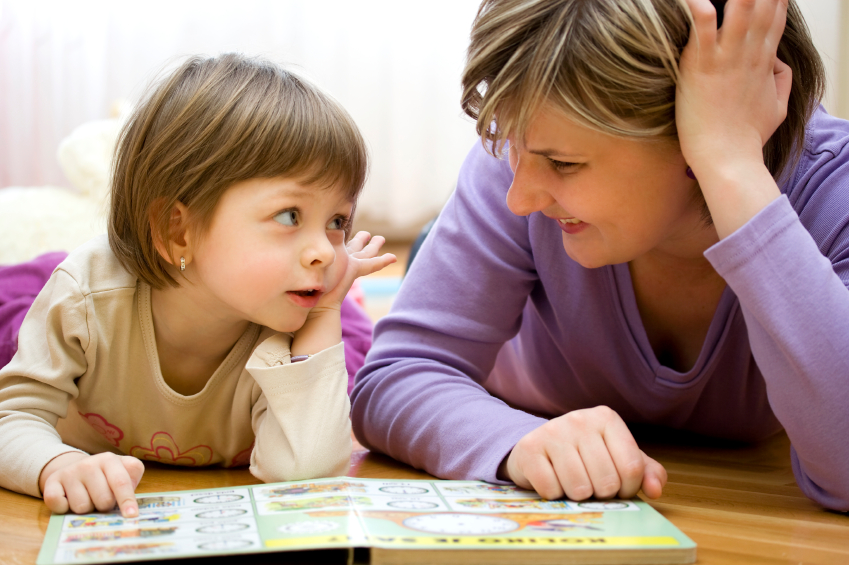
How to talk so kids will listen
- How can I best foster my child’s emotional intelligence, feelings vocabulary and self-confidence?
- How can I teach my child to be considerate of the needs of others?
- How to talk so kids will listen and listen so kids will talk?
- What are the alternatives to yelling, time out or threats of punishments?
- How can I maintain open honest lines of communication and avoid shutting my child down?
- How do I deal with my child’s aggressive behaviour?
- How can I know when my child’s upsets relate to previously traumatic experiences?
- How can I help my child release stresses and fears?
“When I was at the seminar, I have to admit that I was doubtful that these techniques could bring positive results with my five year old son, but I’m constantly amazed at how quickly he calms down and actually starts to listen to me when he can see that I’m really listening to him and I can see how much more confident he becomes when he sees that I’m really there to help him and support him. I’ve seen him as such a little fighter, but now I can see that he’s just been trying to show me that he needs to see and feel my support and belief in him.” Annie, Whangarei, NZ.
Raising Drug Free Kids
Based on the book by Dr. Aletha Solter, ‘Raising Drug Free Kids’ takes an innovative approach and focuses on preventative measures that can be developed both early in a child’s life, as well as during the pre-teens and teen years, to equip them with the qualities they need to make healthy choices, especially throughout the challenging adolescent years.
The talk will draw on Genevieve’s experience in helping families, plus wisdom from Dr Aletha Solter’s book “Raising Drug Free Kids”, and the work of Gordon Neufeld providing parents with simple, easy-to-use tools to build a solid foundation for children to say “no” to drugs, alcohol, peer pressure and other unhealthy influences.
Parents have much more power to deal with stress and challenges in healthy ways, thereby giving them a powerful resiliency foundation. These talks are very empowering for parents and the younger the children in your life are when you gain these insights and tools as a parent or educator the better.
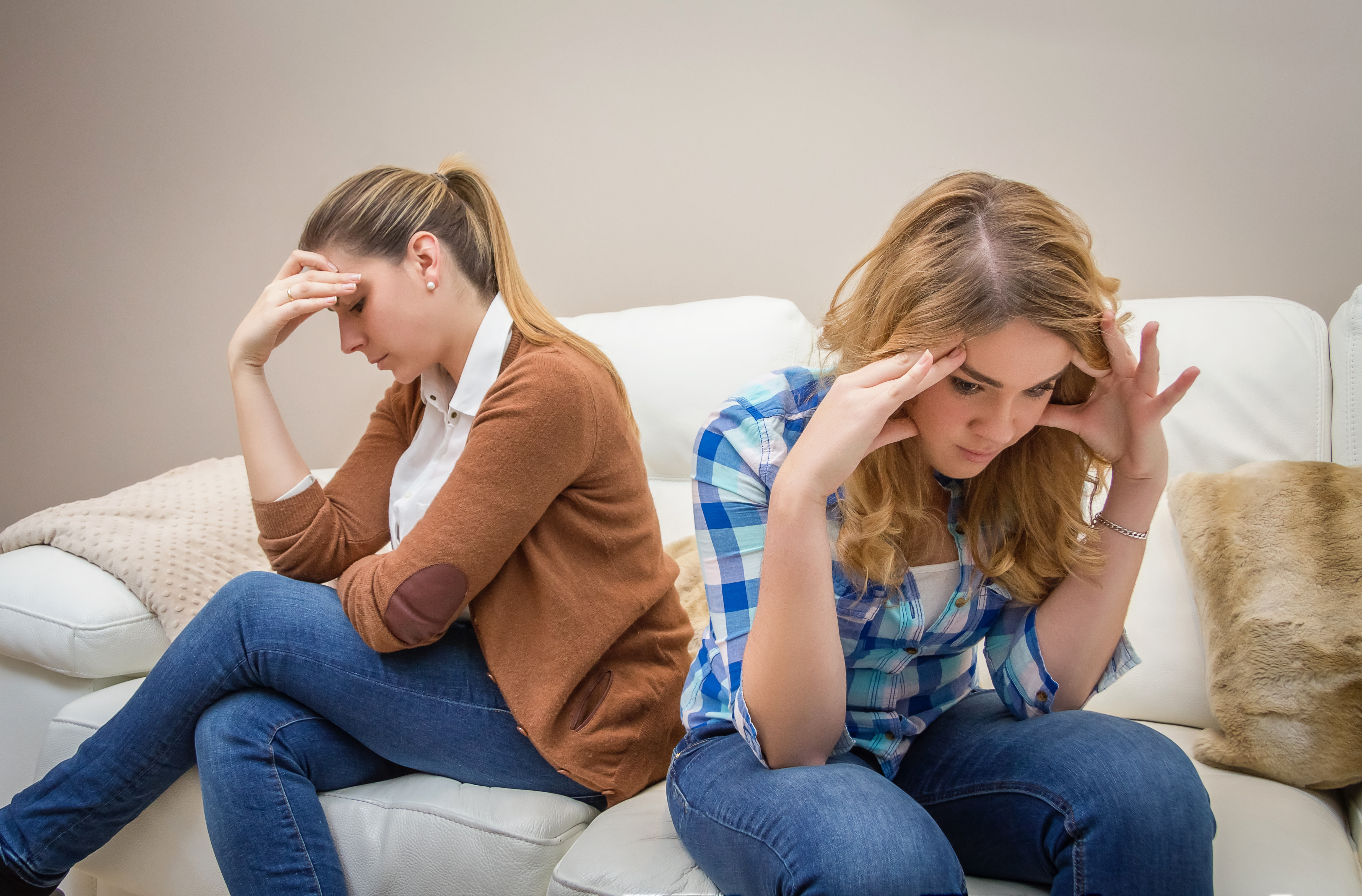
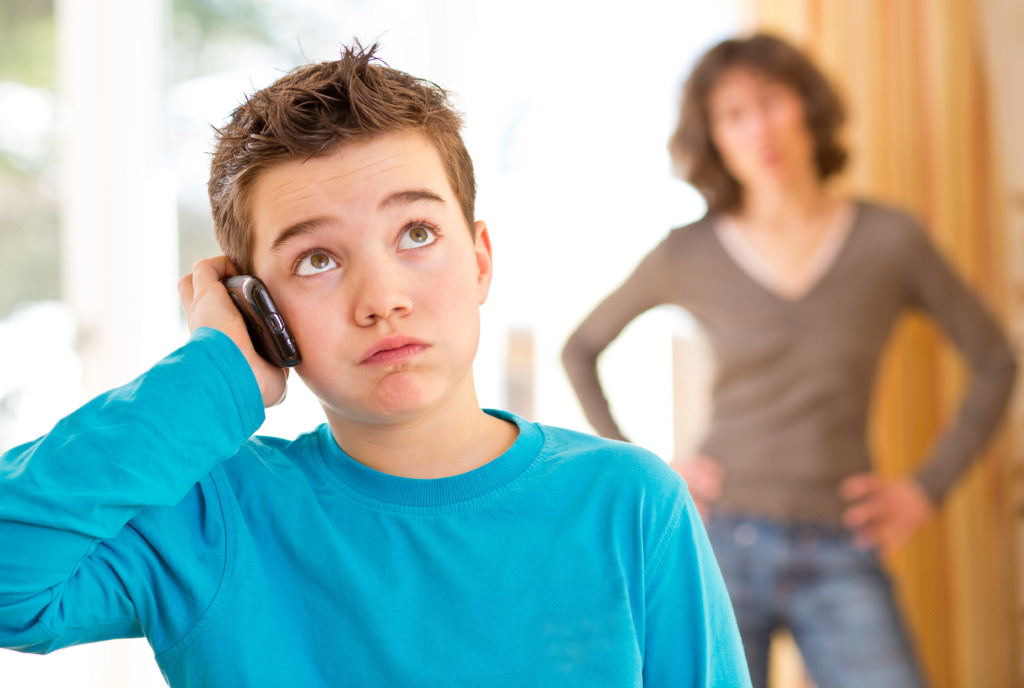
The teen years
This workshop will help you to:
- Help your child through the tricky tween to teen transition
- Create a culture of healthy communication and responses to challenges as early as possible to avoid rebellion later
- Talk so your teen will listen and listen so your teen will talk
- Understand the risk factors that lead to teens being vulnerable to peer pressure, bullying, suicidality, alcohol and drug abuse
- Support your teen’s healthy sexual development (the earlier parents have correct information the better)
- Maintain a strong and trusting bond through all the challenges these years present
- Understand challenges like screens, social media, and porn that teens face today that differ from when you were young
“On the one day parenting workshop, I gained a sense of possibility that big things for, not just me and my kids, but all relationships and for the planet can be moved. I liked the ease of how we learnt together, the clean clear cohesive teaching that chewed through a lot of ground. It’s given me an understanding of the deeper causes for behaviour, the big picture, intergenerational/ planetary progress, so many creative tools for helping my kids with where they are at and what they will go through.” Laurence.
Bully Proof your kids
We want to equip our child with conflict resolution skills. We can empower our child with the vocabulary and some clarity about their rights in difficult situations. Are they allowed to say “stop I don’t like that!” not just to another child or adult, but to you their parent or teacher? Are they safe to seek help from an adult without worrying that they’ll be labelled a tattle tale? Do they understand the importance of respecting others when they express “stop I don’t like that!” We’ll talk about how conflicts between family members are dealt with in the home and what this teaches children about dealing with conflict.
And just as importantly, we don’t want our child to carry all the responsibility of keeping themselves safe and protecting themselves, as there are situations that they can’t and shouldn’t realistically be expected to deal with on their own. Where’s the line between supporting our child from the side-lines and stepping in, and how can we make our intervention as constructive as possible without adding fuel to the fire or shaming! We’ll tackle these questions and more.
The workshop will provide insights into some of the experiences, feelings and unmet needs that can drive conflict, or indeed bullying, between children. We’ll talk about healthy boundaries. The more we understand the source of the problem, the more equipped we can be to be effective helping agents in the process of positive change.


Self-healing and mindfulness for parents – Moving from surviving to thriving
In this (generally full day) workshop, Genevieve presents and explores with the group:
- Maintaining and returning to a more calm patient state when triggered
- Balancing emotional needs in the family
- Becoming more aware of the emotions that get triggered in reaction to a child’s strong emotions
- Understanding why our children evoke such strong emotions in adults
- Bringing mindfulness into our daily life, and sharing this with our child
- Peaceful Self-Parenting – developing the self-care and self-healing practices to keep your emotional cup filled
- Breaking the cycles of dysfunctional relating learned in childhood
Being kind to ourselves as parents is not only essential if we are to manage our stress levels and maintain more harmony and balance in the family, it also offers the positive self-care modelling that your child needs to maintain positive well being and self-esteem.
Our children need us to cope with the big feelings in us and in them.
In this workshop parents will learn effective self-care and communication skills which can benefit both their parenting and other close relationships. Participants will learn better ways of responding to differences of wants and needs that not only avoid escalation of stress and upsets, but also model great listening, problem solving and conflict resolution skills. Parents will also learn relaxation and emotional self-regulation techniques that help restore calm, clarity and emotional balance when tensions rise in the family – for self and for children.
“I attended an evening talk and a full day workshop and I’ve gained tools to help me parent without anger or punishment and an understanding of that real need to connect and help my child release her emotions through my love and support. I liked the openness and connections felt within the group, discussing these issues with like-minded parents. It’s given me more information about how I can parent in a loving and supporting way without anger and punishment.” Sam, Oct ’09
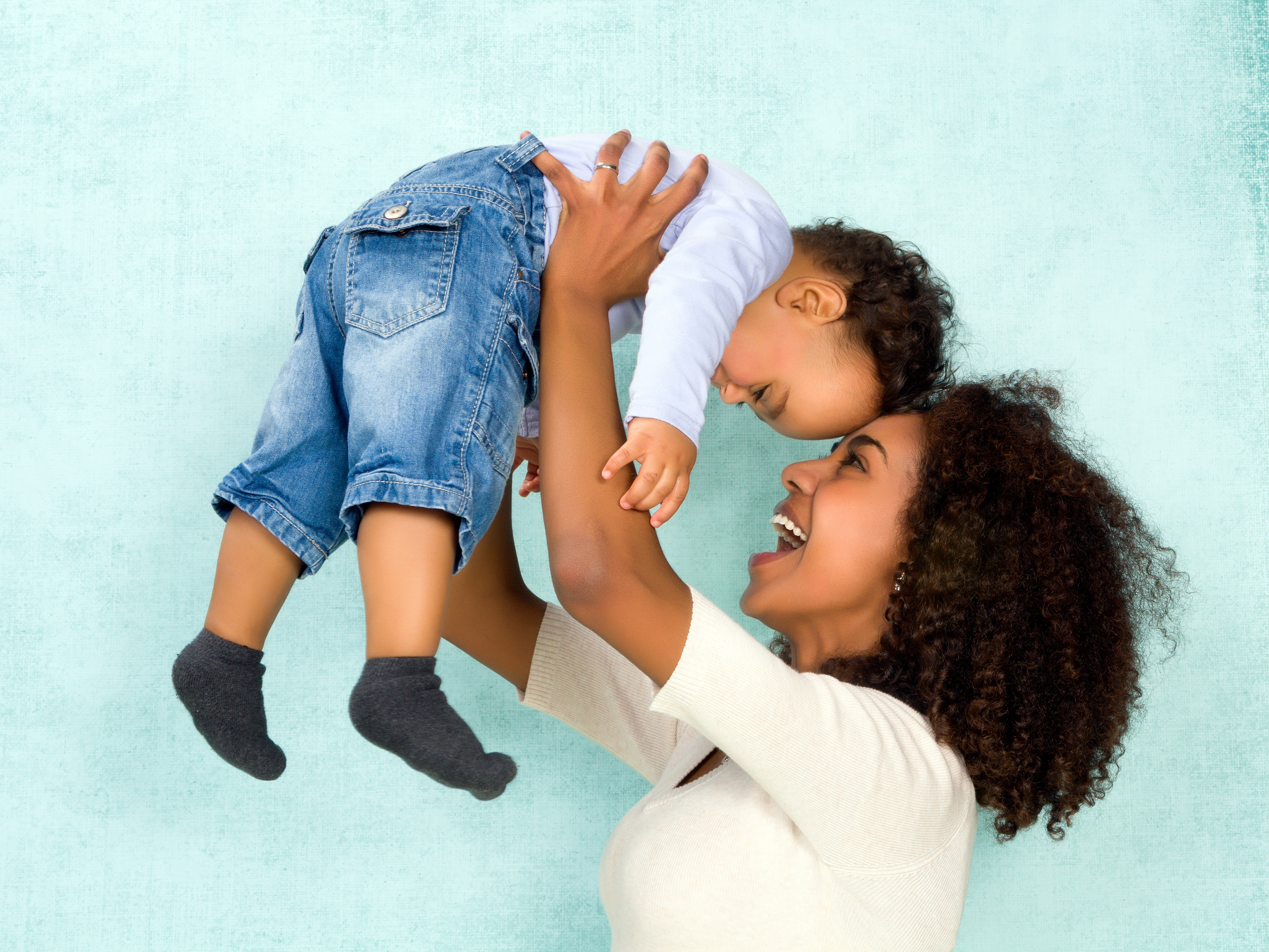
Therapeutic Play in the Early Childhood settling
Learn to interpret and support resolution of feelings through play
Learn how to support and interpret the child’s developmental growth through their play. Playing for children is a rich world of communication, learning, growing, exploring, healing and resolution. “Playing is Saying”.
Through their play children;
- communicate complex feelings that they don’t yet have the vocabulary for,
- work to resolve fears and stresses,
- release anxieties through laughter,
- explore, practice and experience their world,
- gain confidence and skills in relating to others,
- work to generally regain emotional and mental balance and so much more …
Learn how to interpret and support the child’s developmental growth and healing through their play. Learn to use play to create specific opportunities to help children overcome shyness, aggression, fears, separation anxieties and other specific stumbling blocks that you identify.
The workshop will provide insights into some of the common feelings and unmet needs that can drive conflict, or indeed bullying, between children. The more we understand the source of the problem, the more equipped we can be to be effective helping agents in the process of positive change.
